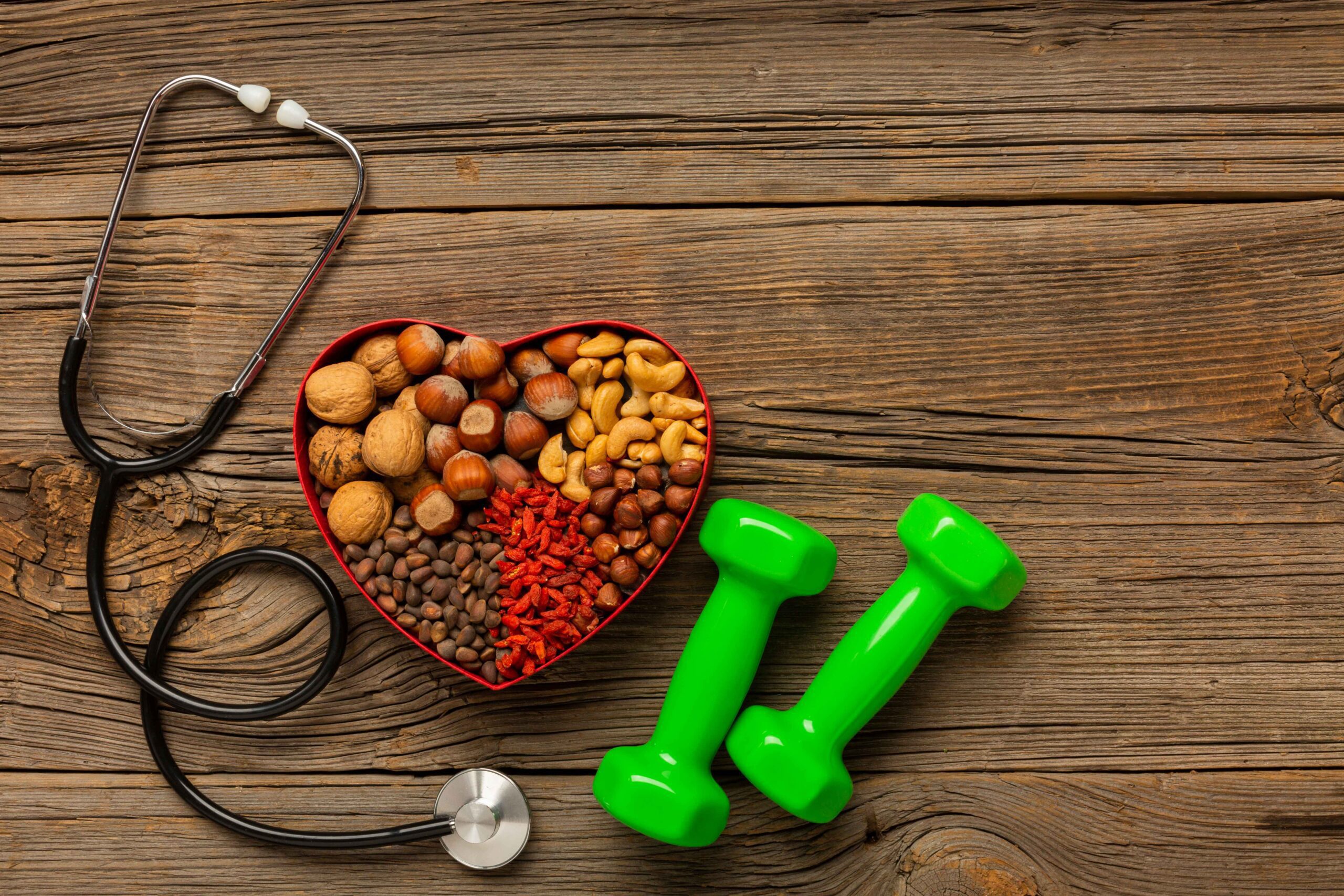Vegetative Signs Of Depression

Depression is a complex mental health disorder that affects millions of people worldwide.
While most of us are familiar with its emotional toll, depression can also manifest in a range of physical and cognitive symptoms often referred to as “vegetative signs.”
These signs go beyond mere :
- Emotional distress,
- Encompassing disruptions in sleep patterns,
- Energy levels,
- Appetite,
- Physical well-being.
Moving forward in this article, we will explore what these vegetative signs of depression entail and talk about the effective strategies for addressing them:
Common Vegetative Signs Of Depression

- Sleep Disturbances: This can manifest as either insomnia (difficulty falling asleep or staying asleep) or hypersomnia (excessive sleepiness or prolonged sleep).
- Appetite Changes: Individuals with depression might experience a loss of appetite or conversely, an increase in appetite leading to weight gain.
- Fatigue and Low Energy: People with depression often report feeling constantly tired and lacking the energy to engage in even simple activities.
- Physical Sluggishness: This includes slow movements, slowed speech, and a general feeling of being physically slowed down.
- Loss of Interest and Pleasure: Anhedonia, or the inability to experience pleasure from activities that were once enjoyable, is a key feature of depression and contributes to the overall sense of emotional and physical stagnation.
- Psychomotor Agitation or Retardation: This involves either excessive restlessness, fidgeting, and impatience, or a significant decrease in physical movement and responsiveness.
- Difficulty Concentrating: Individuals with depression often struggle with maintaining focus and making decisions, which can further contribute to a sense of impairment and frustration.
Physical Symptoms

- Appetite and Weight Changes: People with depression traps might experience a significant decrease or increase in appetite, leading to weight loss or weight gain.
- Fatigue and Low Energy: Persistent feelings of tiredness and lack of energy are common in depression. Even simple tasks can feel exhausting.
- Psychomotor Agitation or Retardation: Agitation involves restlessness, pacing, or inability to sit still, while retardation involves slowed movements, speech, and reactions.
- Physical Aches and Pains: Depression can be accompanied by physical discomfort such as headaches, stomachaches, muscle pain, and joint pain, even in the absence of any other underlying medical condition.
Cognitive Symptoms

- Difficulty Concentrating: Depression can impair concentration, memory, and the ability to focus on tasks. Making decisions might become challenging.
Related: Subconscious Stress. - Indecisiveness: The cognitive impact of depression can lead to a state of indecision, making even simple choices feel overwhelming.
- Negative Thinking: Individuals with depression often experience persistent negative thoughts about themselves, their abilities, and their future. This is sometimes referred to as “cognitive distortions.”
- Feelings of Guilt or Worthlessness: People with depression might excessively blame themselves for things beyond their control, leading to feelings of guilt and low self-worth.
- Poor Self-Esteem: Depression can lead to a diminished sense of self-esteem and self-confidence. Individuals may perceive themselves as inadequate or unworthy.
- Hopelessness: A pervasive sense of hopelessness about the future is a common cognitive symptom of depression. This can contribute to the overall feeling of despair.
- Rumination: Individuals with depression often find themselves repeatedly dwelling on negative thoughts and situations, making it difficult to break free from the cycle of pessimism.
How To Treat Vegetative Signs Of Depression?
Treating the vegetative signs of depression involves addressing the underlying causes of the symptoms and implementing a comprehensive treatment plan.
It’s important to note that treatment approaches may vary based on individual circumstances, the severity of the depression, and the specific symptoms experienced.
Here are some common approaches to treating the vegetative signs of depression:
Therapy/Counseling

- Cognitive Behavioral Therapy (CBT): CBT helps individuals identify and change negative thought patterns and behaviors associated with depression. It can be effective in addressing cognitive symptoms of depression and promoting healthier ways of thinking.
- Interpersonal Therapy (IPT): Interpersonal therapy for depression focuses on improving relationships and communication skills, which can alleviate feelings of isolation and improve social functioning.
- Mindfulness-Based Therapies: Practices like mindfulness meditation can help individuals manage physical symptoms, reduce rumination, and improve overall well-being.
Social Support
- Maintaining strong social connections and seeking support from friends, family, or support groups can help combat feelings of isolation.
Light Therapy

- For individuals with seasonal affective disorder (SAD), a type of depression linked to changes in seasons, light therapy involving exposure to bright light may be helpful in regulating mood and sleep.
Medication
- Supplements: Supplements like selective serotonin reuptake inhibitors (SSRIs) or serotonin-norepinephrine reuptake inhibitors (SNRIs) can help alleviate both physical and cognitive symptoms of depression.
- Atypical Antidepressants: These include medications with different mechanisms of action, such as bupropion or mirtazapine, which might be prescribed based on specific symptoms.
Electroconvulsive Therapy (ECT) or Transcranial Magnetic Stimulation (TMS)
- In cases of severe depression that don’t respond to other treatments, ECT or TMS may be considered under the guidance of a mental health professional.
Lifestyle Modifications

- Regular Exercise: Engaging in regular physical activity can help improve energy levels, sleep quality, and overall mood.
- Healthy Diet: A balanced diet rich in nutrients can positively impact physical and vegetative signs of depression.
- Sleep Hygiene: Practicing good sleep habits can regulate sleep patterns and improve sleep quality.
Related: Depression Nap - Avoiding Alcohol and Drugs: Substance abuse can exacerbate depression symptoms, so it’s important to avoid or limit these substances.
Combination Therapy
- Some individuals benefit from a combination of therapy and medication tailored to their specific symptoms and needs.
Take Away
Depression’s vegetative signs can cast a shadow on every aspect of an individual’s life, from physical health to cognitive function.
However, it’s important to remember that help is available, and recovery is possible.
Whether you or a loved one is grappling with these symptoms, understanding the breadth of their impact and the range of available treatment options is a crucial first step.
If you or someone you know is experiencing the vegetative signs of depression, consider reaching out to a mental health professional.









